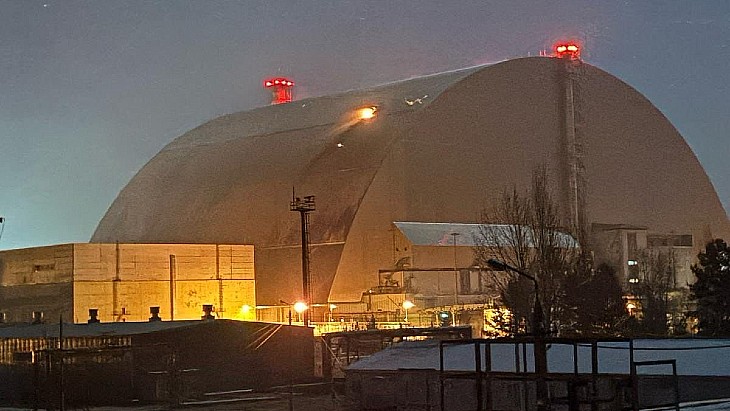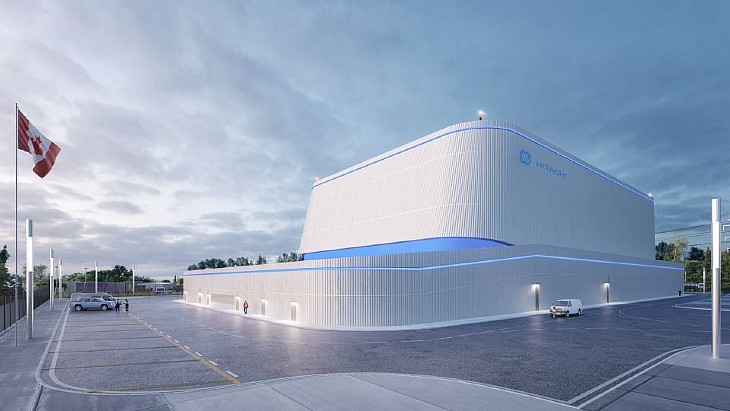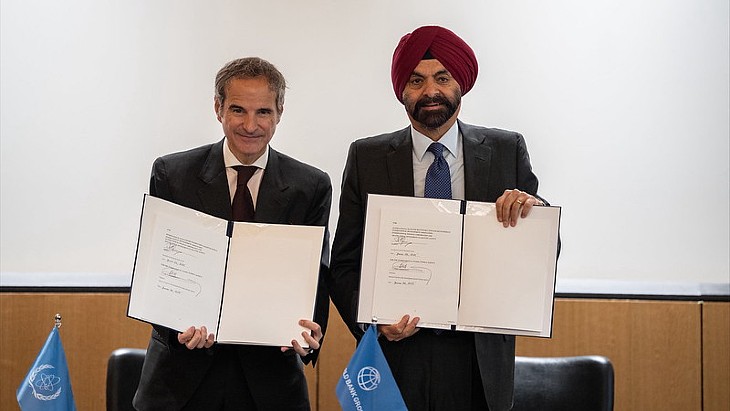Duke to seek second licence renewals fleetwide
.jpg)
Duke Energy operates 11 nuclear reactors at six sites in North and South Carolina: a three-unit plant at Oconee; two units each at Brunswick, Catawba and McGuire; and two single-unit plants at Robinson and Shearon Harris. With the exception of Brunswick, which is a boiling water reactor (BWR) plant, all are pressurised water reactors (PWRs). Together, Duke's reactors have a combined generating capacity of over 10,700 MWe. The company has set itself carbon reduction goals of at least 50% by 2030 and net-zero by 2050.
US reactors are initially licensed by the US Nuclear Regulatory Commission (NRC) to operate for up to 40 years - a period originally based on economic, rather than technology, limitations - and may then apply for subsequent 20-year licence renewals giving them a potential 80-year operating life. All of Duke's units have previously been relicensed by the NRC, but will approach the end of their current operating licences in the early 2030s.
The plants have a strong operating performance record - Duke Energy's nuclear fleet in 2018 marked its 20th consecutive year with a fleet capacity factor greater than 90% - and the company said "rigorous" ongoing preventive maintenance programmes as well as technology upgrades and investments had contributed to this. Renewing the licences will also provide "significant value" to customers while supporting local communities through jobs, taxes, revenue and partnerships, it said.
The three units at Oconee, which will be the first of Duke's plants to apply for a second licence renewal, are currently licensed to operate to 2033 (units 1 and 2) and 2034 (unit 4).
A second licence renewal requires a comprehensive analysis and evaluation to ensure the units can operate safely for the extended period, Duke said. The process begins with an acceptance review by the NRC of the application once received, with a goal to then complete the subsequent licence renewal within 18 months. The licence renewal process offers opportunities for public participation through public meetings and public comment periods on rules, renewal guidance, and other documents. The regulator has so far received and is reviewing second licence renewal applications for the Turkey Point, Peach Bottom, and Surry plants. An application for a second licence renewal for North Anna is due to be submitted in 2020.









..._58412.jpg)

